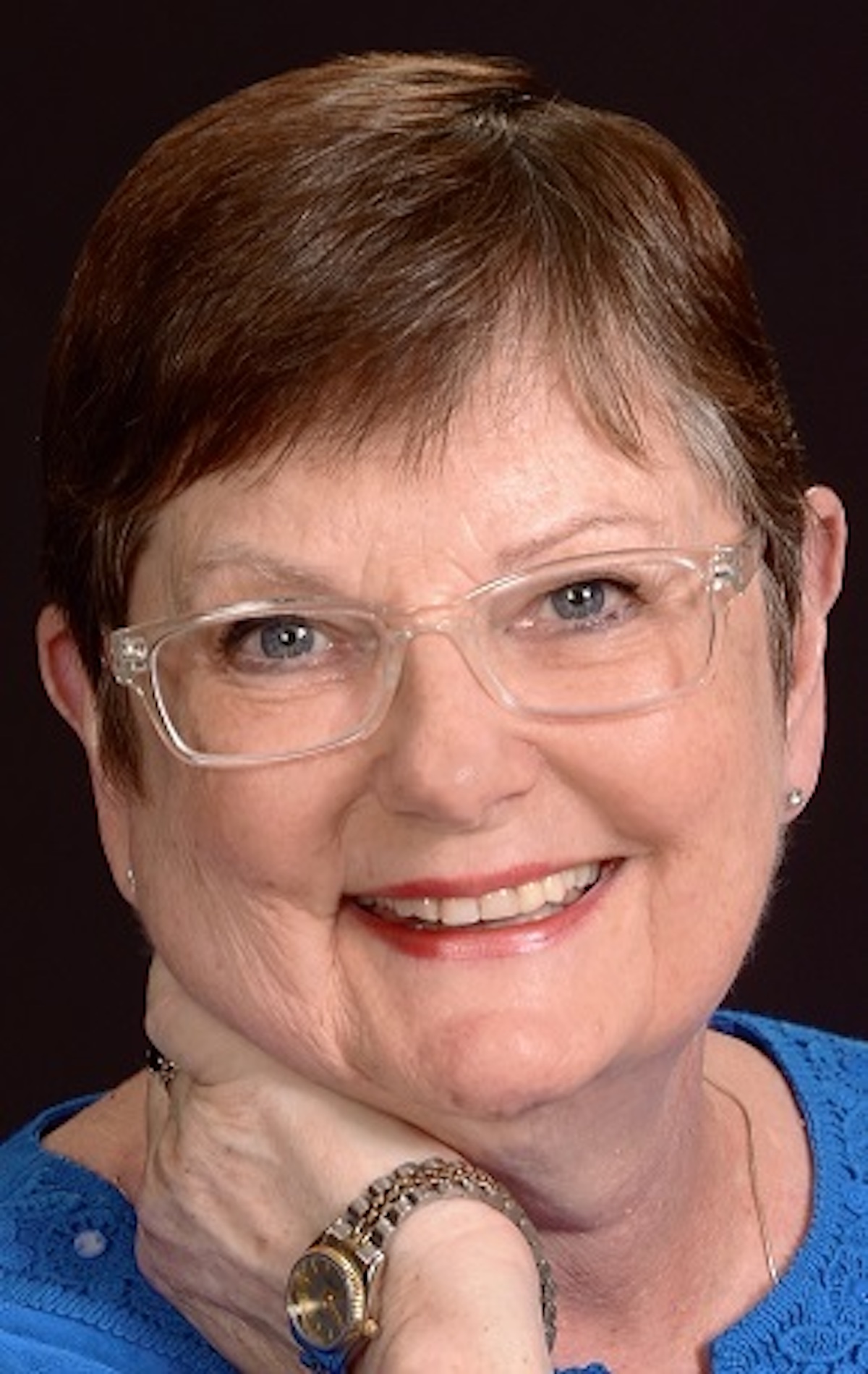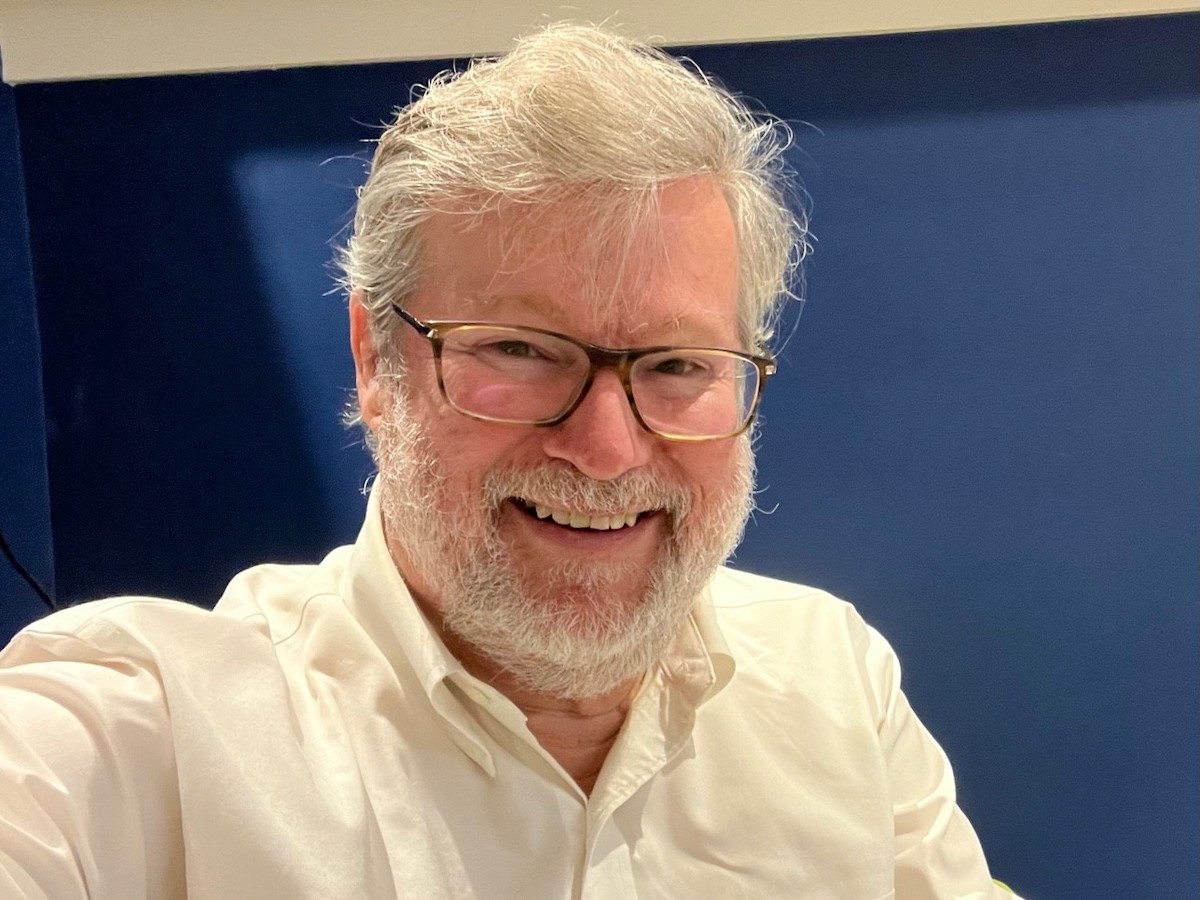By Richard Eckstrom
S.C. Comptroller
They keep tabs on their public officials, often asking the tough questions and sounding the alarm when something doesn’t seem right. They attend meetings, sometimes sitting in the front row and staying until the very end. They request information under the public-records law. Sometimes, they criticize.
Watchdog citizens are an annoyance to a lot of politicians, muddying up the otherwise tidy business of government. But they serve a vital purpose, and many have made a positive difference in their communities. A few examples off the top of my head:
• Years ago, a woman in SC fought both DHEC and her local well water provider over her neighborhood’s water quality and high utility rates. Taking on government – or a utility – is always an uphill battle, and the woman was initially unable to even obtain the public records she sought under the Freedom of Information Act.
But she persisted. After threatening to get the media involved, she got the documents she wanted … documents that suggested contaminants in the well water had been making people sick. The wells were shut down, and her efforts ultimately resulted in better water quality for her neighborhood.
• In the Lowcountry this summer, a citizens group which is often at odds with the leadership of the local school district was reviewing the district’s spending when they noticed questionable charge card purchases – including one at Victoria’s Secret. The discovery prompted district leaders to explain some of the charges, and as it turns out the Victoria’s Secret charge was fraudulent and had been reimbursed. That’s good to know, I guess, but it was information that should have already been publicly available.
The school superintendent later proposed improvements to the district’s spending reports – a positive step resulting directly from the involvement of watchdog citizens.
• Concerned Columbia residents for years butted heads with city leaders over the annual transfer of millions of dollars from the water-and-sewer maintenance fund into the city’s general fund. The highly-unpopular practice left the city with both ever-increasing water bills and a crumbling water-sewer system, yet city officials insisted that ending it would leave them with a devastating budget shortfall. Unable to persuade the mayor and City Council to stop raiding the water-sewer fund, a trio of good-government advocates pooled their money, hired an attorney and took the matter to court.
The case made it to the SC Supreme Court, which sided with the citizen-watchdogs in ruling that water-sewer money shouldn’t be treated as a slush fund. The city soon abolished the practice and restored its water-sewer maintenance fund. And all turned out fine; there was no budget shortfall after all.
• Some attentive residents in one county discovered that three local elected officials had declined county-sponsored health insurance in favor of cash payments – each totaling about $24,000 over a several-year period. One county council member had also received $26,000 in public funds toward his college tuition. Both the cash-in-lieu-of-insurance and the tuition payments ran afoul of the State Constitution.
The citizens sought to have the money returned to the taxpayers and demanded the politicians’ resignations, though those efforts were rebuffed. The watchdogs’ work did pay dividends, however, as the county ended the questionable payments and the three incumbents were later ousted by voters.
• When one school district barred citizens from recording public meetings, a local activist – one who happened to know that SC law allows citizens to record such meetings – took her district to court. The woman was publicly mocked and derided by district officials eager to discredit her. But the law was on her side. She prevailed, and as a result the district made its meetings truly open.
In each of these cases, the watchdogs drew fire from the entities they sought to hold accountable … yet their perseverance ultimately proved beneficial to their communities.
I frequently get calls from such citizens seeking advice, and a recurring complaint is that they’re often maligned, sometimes publicly and harshly, because of their efforts. Unfortunately, too many governmental bodies choose to shoot the messenger – even well-meaning citizens with valid concerns.
That’s a shame. Citizen-watchdogs strengthen their communities (as do local newspapers.) They improve the quality of government by keeping officials honest; our leaders tend to walk a little straighter when they know someone’s watching.
People who care enough to get involved in guiding their community’s future should be respected – even cherished – including those whose watchful eyes add another layer of government oversight. Especially those who take their lumps and refuse to relent.
Richard Eckstrom is a CPA and the state comptroller.





